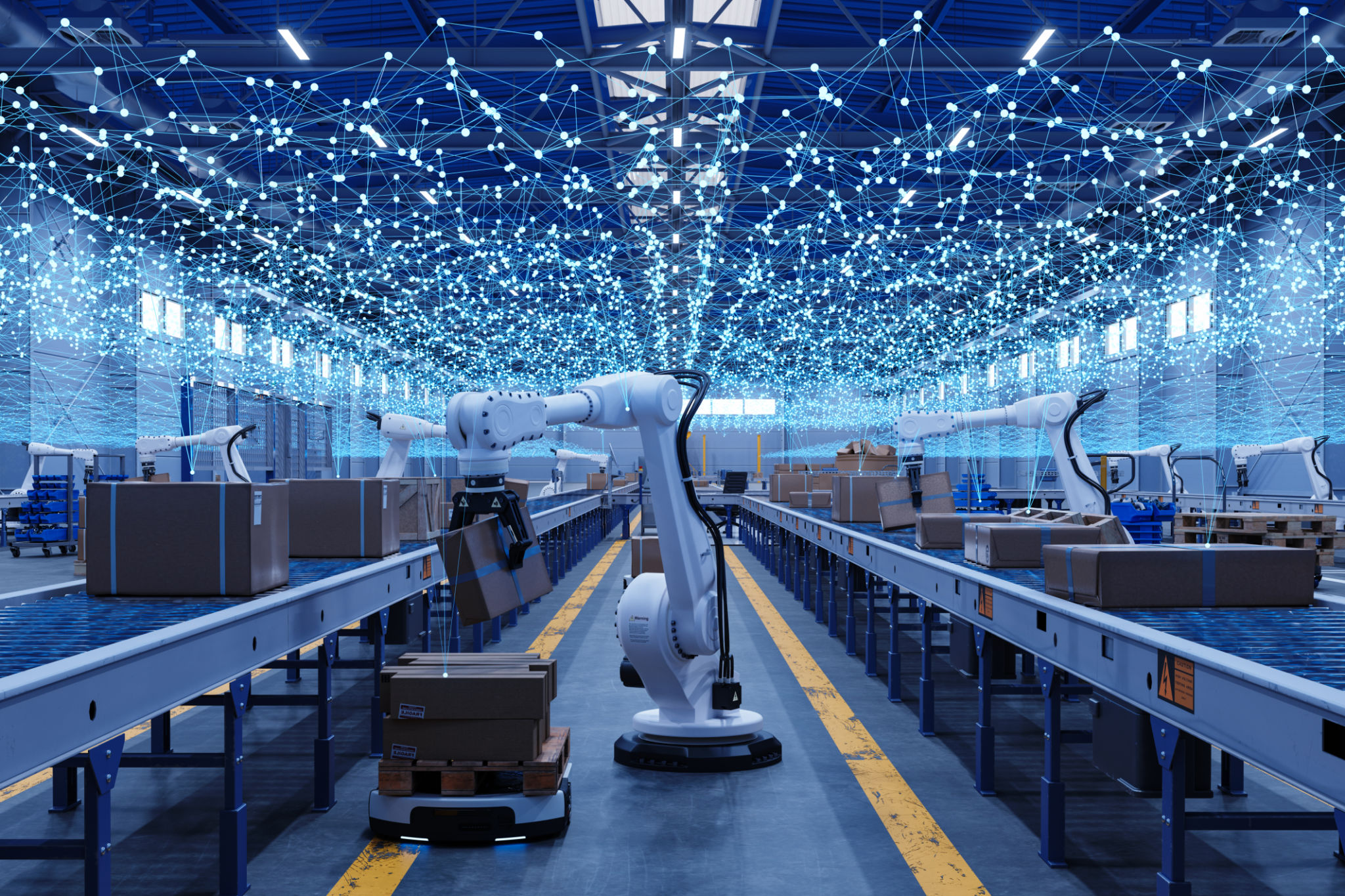Leveraging IoT for Efficient Factory Management in Hangzhou
Introduction to IoT in Factory Management
The advent of the Internet of Things (IoT) has revolutionized various industries, and factory management is no exception. In Hangzhou, a city renowned for its technological advancements and industrial growth, leveraging IoT for efficient factory management is becoming increasingly essential. By integrating IoT technologies, factories can significantly enhance their operational efficiency, reduce costs, and improve product quality.
IoT devices, such as sensors and connected machinery, enable real-time data collection and analytics, providing factory managers with insights into various operational aspects. This data-driven approach facilitates informed decision-making and predictive maintenance, ensuring factories operate at peak efficiency with minimal downtime.

Enhancing Operational Efficiency
One of the primary benefits of implementing IoT in factory management is the enhancement of operational efficiency. IoT devices enable seamless communication between machinery and systems, automating processes that were traditionally labor-intensive. This automation reduces human error and allows for faster and more accurate production cycles.
Moreover, IoT-based systems can monitor energy consumption and optimize resource usage, leading to significant cost savings. By analyzing data from connected devices, factories in Hangzhou can identify areas where energy is being wasted and implement strategies to mitigate these inefficiencies. This not only reduces operational costs but also contributes to a more sustainable manufacturing process.
Predictive Maintenance and Reduced Downtime
Predictive maintenance is another significant advantage of leveraging IoT in factory management. Traditional maintenance schedules are often based on fixed intervals, leading to unnecessary maintenance or unexpected equipment failures. With IoT, sensors can continuously monitor the health of machinery and predict potential failures before they occur.
This proactive approach allows factories to schedule maintenance only when necessary, minimizing downtime and extending the lifespan of equipment. In Hangzhou's competitive industrial landscape, reducing downtime is crucial to maintaining productivity and meeting market demands efficiently.

Improving Product Quality
IoT technologies can also drastically improve product quality by enabling real-time monitoring of production processes. Sensors can detect anomalies and deviations in production parameters, allowing immediate corrective actions to be taken. This results in a consistent and high-quality output, enhancing customer satisfaction.
Additionally, IoT systems provide detailed traceability throughout the manufacturing process. This traceability is invaluable for quality control and compliance with industry standards, ensuring that products manufactured in Hangzhou meet both local and global quality benchmarks.
Implementing IoT in Hangzhou Factories
Implementing IoT in Hangzhou factories involves several strategic steps. Initially, factories must assess their current operations to identify areas where IoT can add value. Developing a clear roadmap for IoT integration ensures a smooth transition and maximizes the return on investment.
- Assess Current Operations: Identify processes that will benefit from IoT integration.
- Develop a Roadmap: Create a strategic plan for implementing IoT technologies.
- Select Appropriate Technologies: Choose IoT devices and platforms that align with business goals.
- Train Workforce: Ensure staff are equipped with the necessary skills to operate IoT systems effectively.

Conclusion
The integration of IoT in factory management is transforming the industrial landscape in Hangzhou. By enhancing operational efficiency, reducing downtime through predictive maintenance, and improving product quality, IoT provides factories with the tools needed to thrive in today's competitive market. As Hangzhou continues to embrace technological advancements, leveraging IoT will be key to maintaining its status as a leader in industrial innovation.